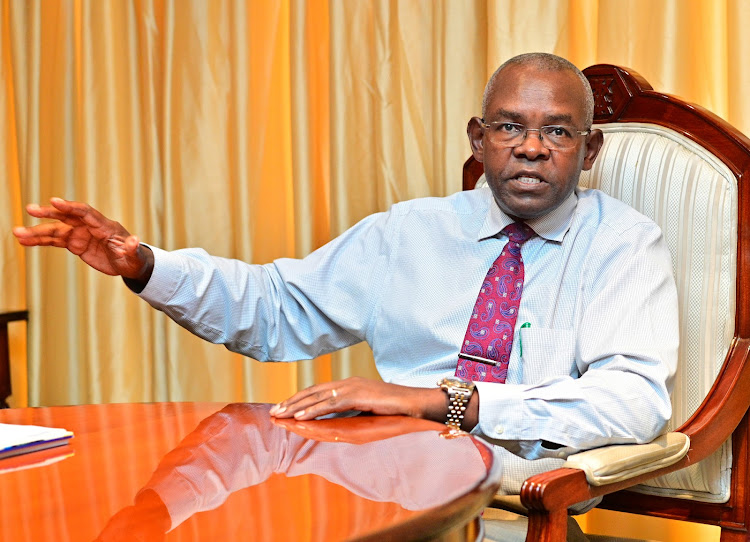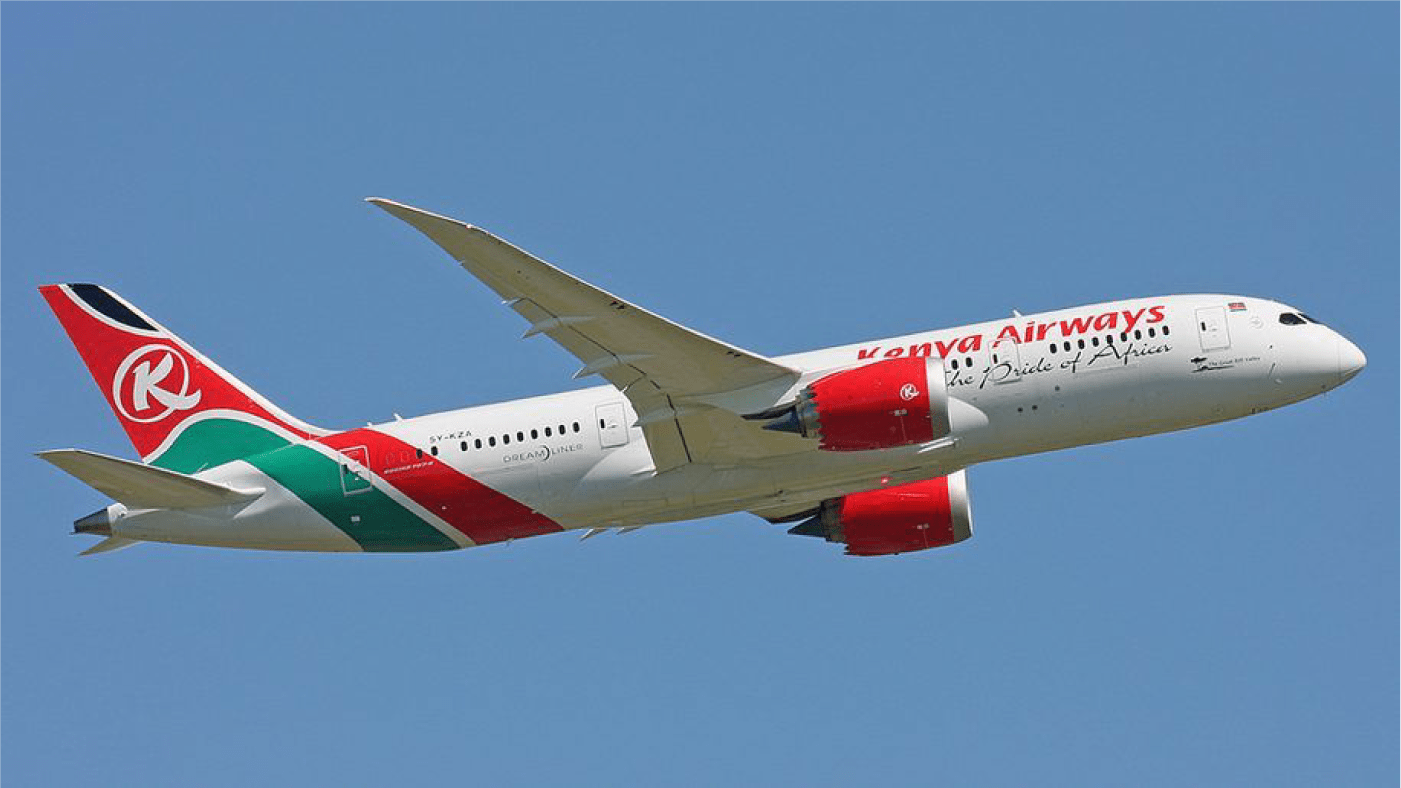According to the latest FinAccess SMEs Tracker Survey from the Central Bank of Kenya, nearly 30 percent of businesses closed in June 2023. The report also noted that the percentage of operational businesses remained stable, with 72.6 percent active in June 2023 compared to 71.6 percent in October 2022.
“Over the two periods, 36.2 per cent of business owners were found to be primary school graduates, followed by secondary school (26.7 percent). Owners of businesses with tertiary (middle level college and university) were 14.2 percent,” the report shows. Further, the proportion of business owners who received training in their area of business increased from 31.7 per cent in October 2022 to 34.7 per cent in June 2023.
From the study, MSE businesses were found to have reduced credit advances to their consumers from 68.5 per cent in October 2022 to 61.1 per cent in June 2023, while the outstanding credit that had been advanced had reduced to 2.7 per cent in June 2023 from 3.3 per cent in October 2022, with an outstanding credit value of Sh50,000 or more. Likewise, the proportion of MSEs that reported to have received trade credit from their suppliers in June 2023 (30.6 per cent) was less than in October 2022 (36.7 per cent).
“The survey found the main use of the hustler fund to be personal/household purposes, with the majority using it to meet their daily expenses. For those who cited business use, the majority used the hustler fund loan to boost their working capital. Very few people used the fund to either start a new business or pay another loan,” it says.
The study report adds: “As was strongly recommended by the MSE operators interviewed, there is a need to increase the hustler loan amounts so that the fund can support the starting of new enterprises as well as boosting working capital for existing businesses.
The survey established that at least 48.8 per cent of the Hustler Fund borrowers either paid late, missed a payment, or paid less amount in the last three months. Upon being asked whether they are aware of the consequences of failed or delayed payment, only 54.9 per cent of the respondents said yes.
“There is need to educate the public to be responsible borrowers who know the consequences of not repaying, and more so that they can differentiate the fund from political handouts,” it adds.
The report says the three main challenges cited in the use of digital loans, which need urgent attention, were found to be high interest rates, followed by short repayment periods and harassment by some of the digital credit providers. The proportion of MSEs that expect their businesses to do better in the period to June 2024 declined from 58.3 per cent in October 2022 to 50.6 per cent in June 2023, the study shows, but adds there is a need to focus on the proportion of MSEs that, for certain reasons, were pessimistic and expected their business performance to worsen.
“Findings out of this tracker survey clearly show the positive impact of government interventions, especially on the Hustler Fund and the digital loans. However, as cited by several respondents, there is a need to pursue possibilities to increase the Hustler Fund loan amounts for responsible borrowers, as well as to address high interest rates and the short repayment periods associated with some digital credit providers. Lastly, there is a need for readers of this report and other stakeholders to provide feedback that will be used in improving the MSE tracker surveillance processes.” The FinAccess and tracker surveys seek to enhance understanding of the financial inclusion of MSEs.
The FinAccess report concludes that there is a need to investigate and address the reason why so many businesses start, operate for a while, and then close., adding that there is also a need to sustain these training efforts and to offer training that is commensurate with the level of education of the business owners/operators.
The tracker surveys were conducted targeting specific thematic areas or modules after the release of FinAccess Household Surveys’ top line findings. Out of the two most recent tracker surveys conducted as wave I in October 2022 and wave II in June 2023, there are important results for government, policymakers, innovators, and the private sector with an interest in supporting inclusive finance and inclusive growth of MSEs.
Specific conclusions and recommendations include the need to pay special attention to the issues pertaining to the sector so that MSE wholesalers and retailers can realize accelerated growth, profitability, and an upgrade of their socioeconomic status. This is because wholesale and retail trade remains the largest MSE economic sector.
The 7th Financial Access Household Survey, dubbed the 2024 FinAccess Household Survey, kicked off in July and will continue until November in all 47 counties.




